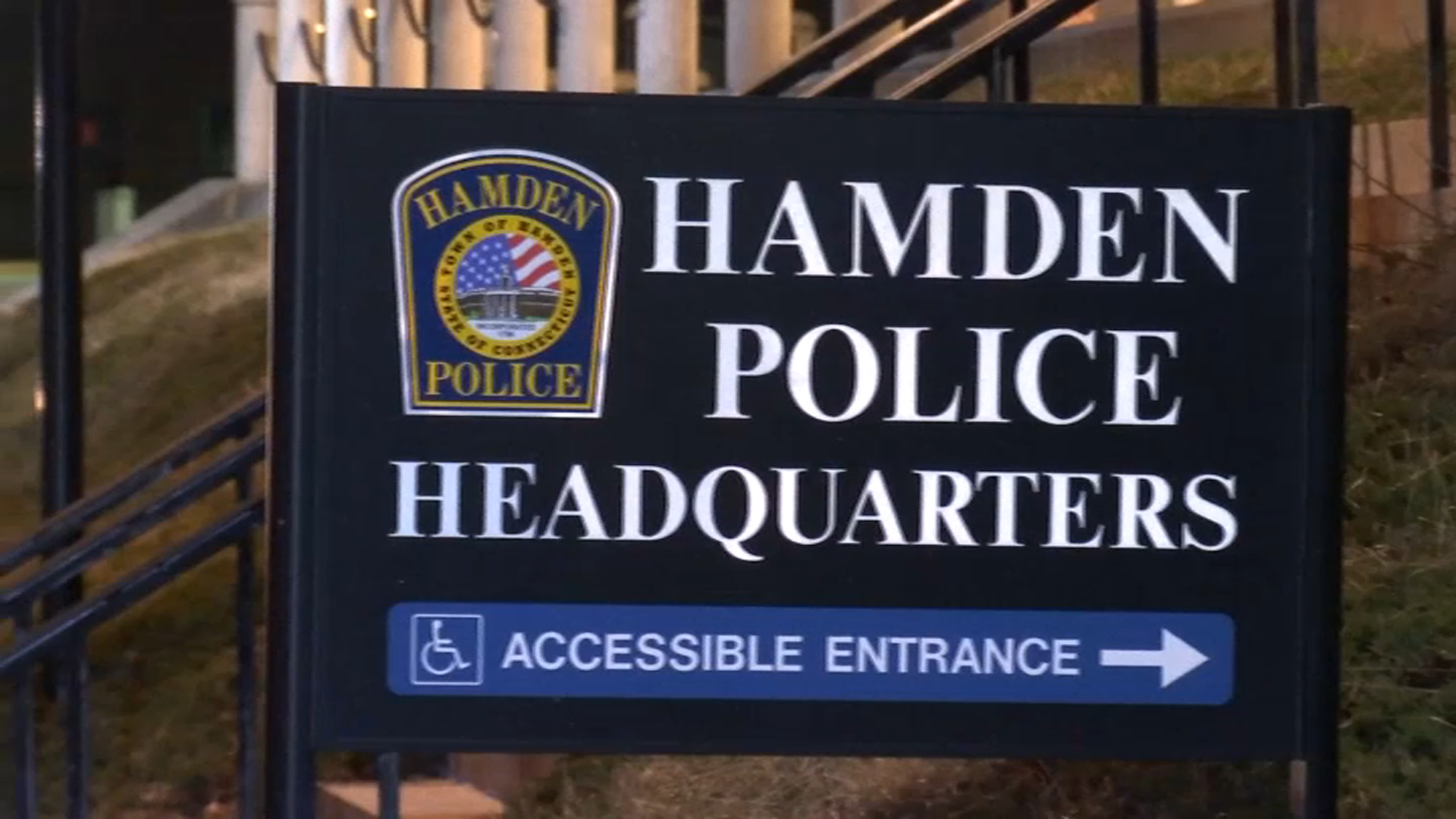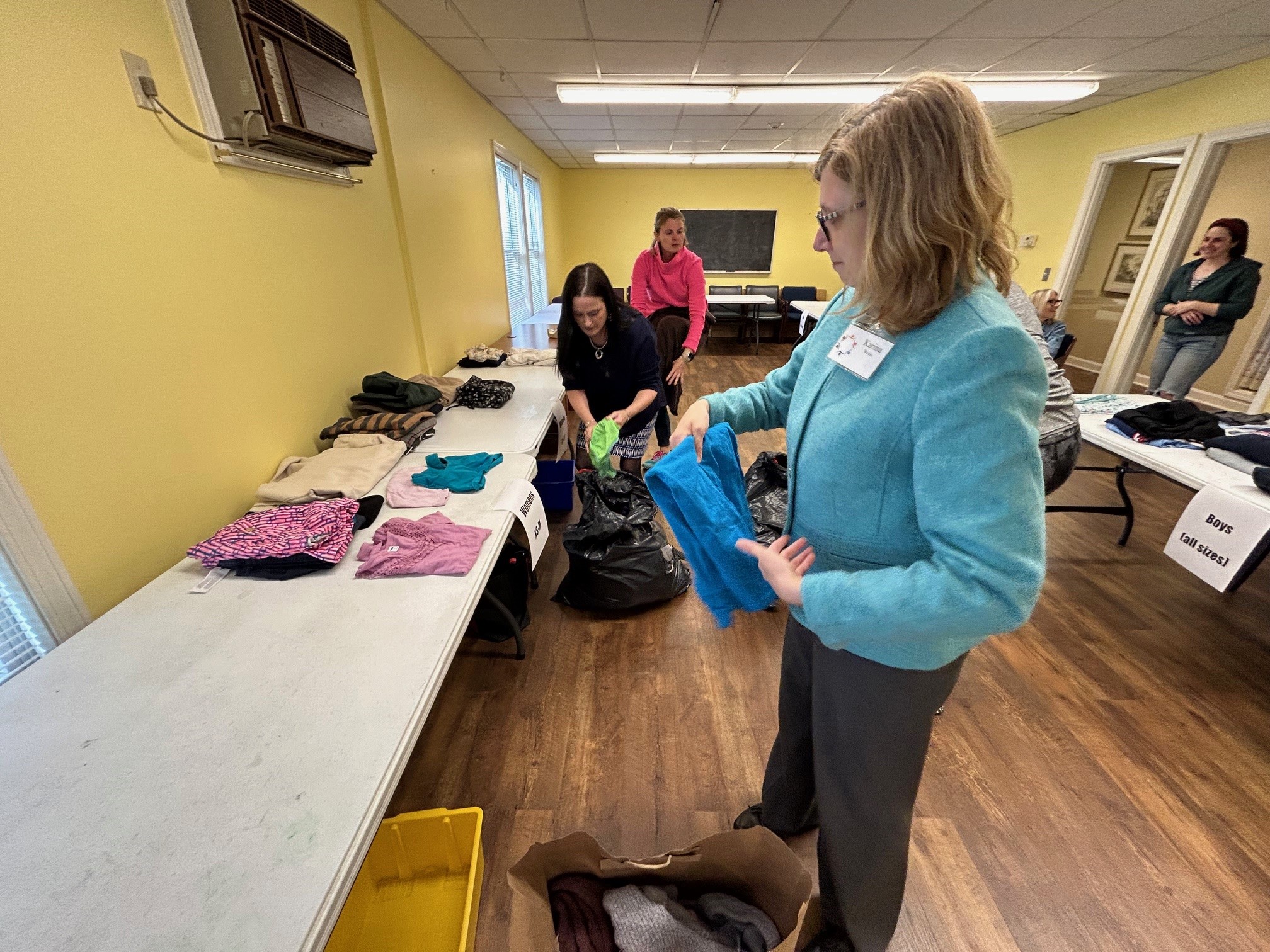A state panel has rescinded the parole that had been granted to a man who has spent 25 years behind bars for killing a Plainville police officer.
The decision to rescind the parole for Gary Castonguay was made at a hearing at MacDougall-Walker Correctional Institution in Suffield on Wednesday morning.
Castonguay was convicted for killing Officer Robert Holcomb during a burglary on Nov. 21, 1977.
In 1980, he was originally sentenced to life in prison, but that conviction was thrown out on technicalities. Nine years later, in 1989, he was convicted again after a second trial and sentenced to 25 years to life in prison, with no definite end date.
Between the two trials, lawmakers changed a state law to define life imprisonment as a 60-year term, so Castonguay argued that since his new trial and sentence came after the law changed, he should be released after 60 years.
However, the justices disagreed and determined that the new sentencing guidelines did not apply to Castonguay retroactively because his original crime was committed before the change in the law and he has been incarcerated at Macdougall-Walker Correction facility in Suffield.
On Jan. 9, he was granted parole during a hearing. but none of Holcomb's family members attended the because they didn't know it was happening.
Local
That was not the case this time around. Several of Holcomb's family members attended the hearing, as did around 50 uniformed and retired police officers from plainville, as well as Southington, Bristol, Wethersfield, Hartford and state police.
Following the hearing, Holcomb's family members spoke outside to share the decision.
As Holcomb's niece, Maria Weinberger, said parole was revoked, the police officers applauded.
“(N)o mere words can convey how much the unwavering support of each police officer here, in person or in spirit, has meant to us as we came together to ensure the heinous criminal who brutally killed Plainville police officer Robert Holcolmb remained incarcerated,” Weinberger said. “You should be proud of all you’ve done to honor the memory and sacrifice of our loved one and your law enforcement brother.”
Castonguay will not be eligible for parole consideration for five years.
Robert’s son, Mac Holcomb, also attended the hearing and his father's fellow police officers saluted him when he stood up to the podium to address the crowd gathered.
The last few months have been a difficult and trying time for the family, he said, and thanked the parole board on behalf of his family for revoking parole.
“It is my prayer that no family should have to go through such a situation and such a time as this family has now gone through, but we’re very thankful on this day that parole has been denied,“ he said. “In this world, there are evil people who will do evil things and we are very thankful to know that what is right and what is just can still be done.”
Richard Sparaco, executive director of the Connecticut Board of Pardons and Paroles, explained earlier this year that the family member who registered with the Office of Victim Services died and the state couldn’t reach anyone to let them know.
“The Board was later made aware after the hearing of other family members who wanted to testify, but were not registered,” he said, adding that the requirements of the hearing where "not satisfied."
“It is nobody’s fault but rather an unfortunate technical error – one that we want to and can rectify,” Sparaco said.
Holcomb's family members were adamant that they want to do what they can so what happened to their family does not happen again.
“It is equally as important that we remain vigilant so that no other family finds themselves in circumstances that led us here today. No person who has already suffered the grievous loss of a loved one, friend or colleague through a violent crime should have to struggle and fight to be heard by the public agency charged with guarding Connecticut residents from the release of deranged murderers into society," Weinberger said.
Valerie Holcomb said earlier this year that she had called the Office of the Victim Advocate, which worked with the Department of Corrections Victim Unit to expedite an appeal and set up this new parole hearing.
“Victim involvement in the parole hearing is a right and we want to make sure that the statements of the victim, or in this case the deceased victims family are part of the decision-making process,” Sparaco said in an earlier statement.



